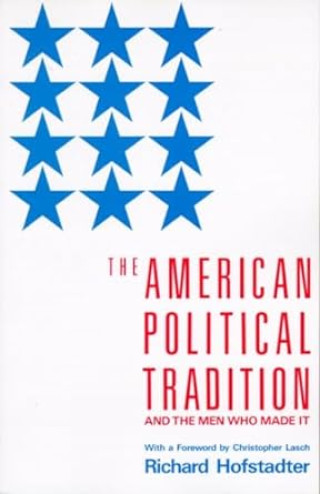It might come as something of a surprise to learn that Wilson himself at times entertained doubts similar to those of his contemporary critics about the dangers of administrative bureaucracy. The midcentury American historian Richard Hofstadter (1916–70) reveals Wilson to have been as pure a conservative type as his age produced: Southern-aristocratic in origin, Anglophile in orientation, with an early and abiding predilection for Edmund Burke and Walter Bagehot. Hofstadter quotes a 1912 Wilson campaign speech:
What I fear most is a government of experts. God forbid that in a democratic country we should resign the task and give the government over to experts. What are we for if we are to be scientifically taken care of by a small number of gentlemen who are the only men who understand the job? Because if we don’t understand the job, then we are not a free people.
It was not the first time a candidate would betray his own campaign rhetoric after taking office, but Wilson’s is a special case: His presidency witnessed such an expansion of the federal administration that his name has become synonymous with a turning point in history—and has since become anathema to many conservatives.
Hofstadter sees Wilson’s reversal as more reflective of the times than the man: In The Age of Reform (1955), he casts the Wilsonian era as marked by a split between “indigenous Yankee-Protestant political traditions” and the party-boss politics of new immigrants. Wilson’s instinct, and that of his contemporaries, was to remoralize politics and protect the entrepreneurial model against new threats that had arisen from the concentration of industry and an influx of immigrants—many of them Roman Catholic, many from peasant backgrounds, many both—who supposedly lacked awareness of or sympathy with the incumbent political traditions. This was, in other words, the old American creed of laissez faire and the self-made man, only adapted to a changed material landscape—a “forward-looking return to the past.” Conservatives, who under Hofstadter’s formulation shared the progressives’ desire to preserve the old values, could fairly disagree with progressive methods but could not deny that the old methods were quaint and futile in a society where the yeoman farmer had vanished and the large corporation cast an ever longer shadow over the small businessman.
American Tradition?
That Wilson’s era was so transformative of the American political landscape, yet so retrograde in its mindset, suggests a deep current in US history. In The American Political Tradition and the Men Who Made It (1948), his second book, Hofstadter offered what remains the best treatment of the peculiar endurance of this paradoxical tendency throughout American political history.
